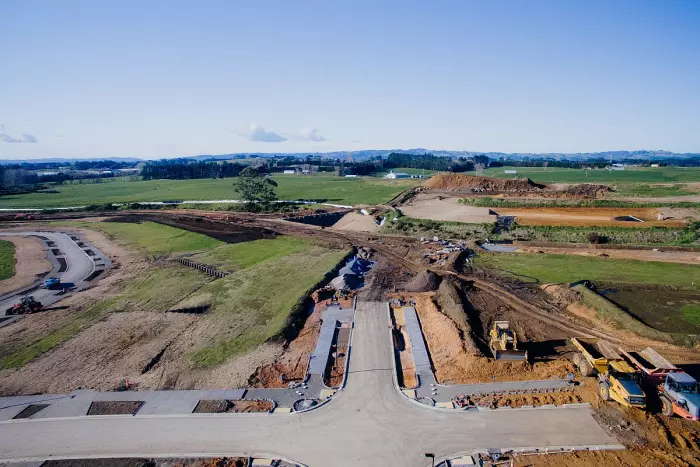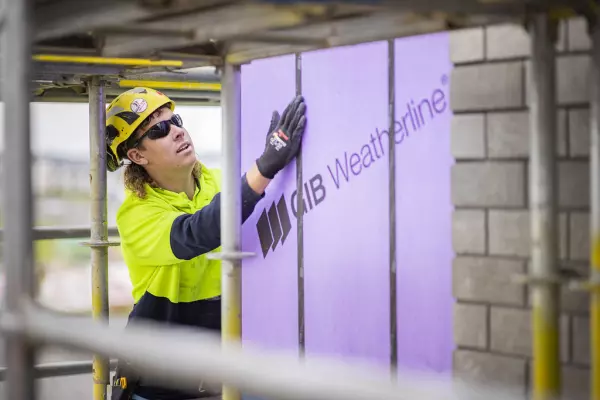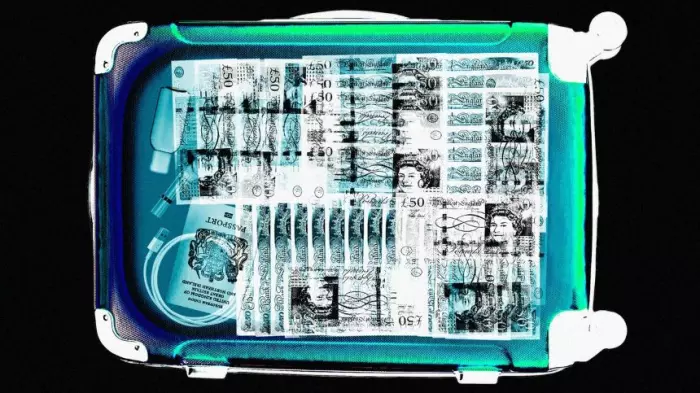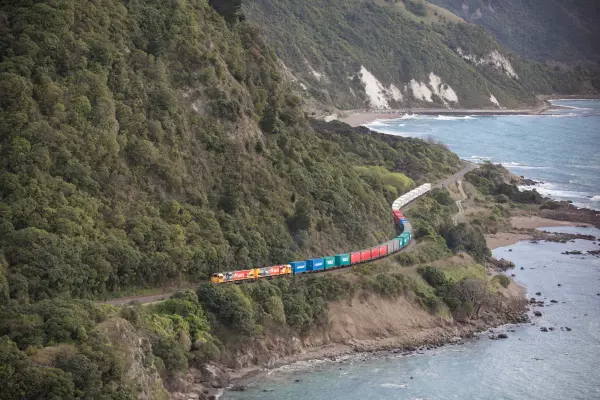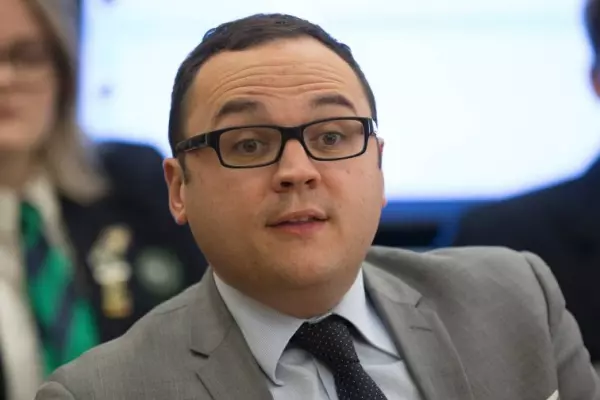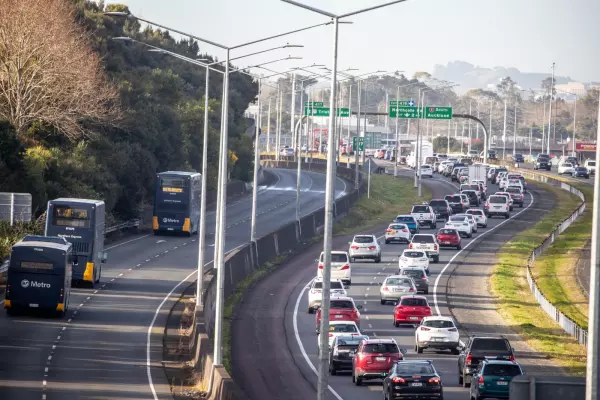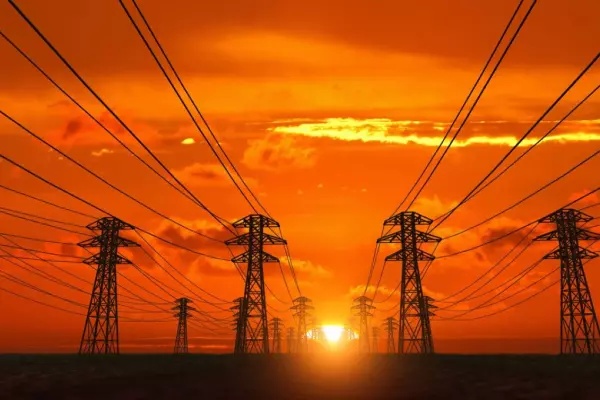Watercare, Auckland's water asset manager, continues to benefit from the city's wave of new residential builds, even as Aucklanders continue to face ongoing drought restrictions.
The eternal spring for returns is infrastructure growth charges (ICG), which served to boost revenues by $58 million ahead of budget to $380.6m for the first half of the year to December 2020.
Acting chief executive Marlon Bridge told the council-controlled organisation (CCO) oversight committee that Watercare had experienced a “massive upsurge” in IGC returns.
He said that would put it well ahead of forecasts for the full year.
Total infrastructure growth charges across the supply and wastewater network from north of Wellsford to Waiuku in the south amounted to $46.9m for the year to date. The icing on the cake was another $8m in revenues accruing from services to new development sites, through new meter connections and site inspections.
IGC charges are levied at $14,168 per single metropolitan house or unit, though that ranges to $26,807 in more rural areas, including Helensville and Parakai, and even higher in areas further afield.
Metropolitan commercial charges are billed differently, extending to about $64.40/kilolitre of anticipated water usage.
That means a small shopping centre that expects to use 1,100 kL per year will pay $70,840 while a new laundry that has a demand of 2,640 kL per year, will face an upfront payment of $170,015.
Bridge, who will make way next month for new chief executive Jon Lamonte recruited from Sydney Metro, said drought management had continued to be a focus for the organisation, with dam storage at 54%, compared to the normal for this time of year of closer to 80%.
He said a major initiative was also to move larger customers towards smart metering and "real-time water management".
Prioritising
In respect of the debt ceilings that had been imposed by Auckland Council, he said the organisation had prioritised what it “needs to deliver” within those constraints without impacting projects such as the $1.2b central interceptor project and the second Waikato water treatment plant.
Watercare's performance was undoubtedly the highwater mark across all CCOs, helping push council revenues for the half year to $1 billion, during which capital investment amounted to $1.2b – about 93% of budgeted delivery.
The biggest shortfall for council-owned companies came from Auckland Transport. That was blamed largely on delays for the new fleet of electric trains from Spain, due to covid, in parallel with unplanned track maintenance by KiwiRail.
Auckland Unlimited, which now houses the city's regional facilities, economic development and visitor development arms, delivered $17.5m of its budgeted $30m.
That included investment into Western Springs Stadium and events related to America’s Cup activities. Direct revenue was up $4.1m on budget to $17.3m, mostly in the form of covid related subsidies from the government.
Net property surplus
And despite the impact of covid, urban regeneration organisation Panuku reported a net surplus on its property portfolio and marina assets of $18m to date, $10.3m ahead of budget due to rental increases and properties being held longer than expected.
Ports of Auckland, meanwhile, again cut its interim dividend to the council, for the first six months, after seeing profits sink due to covid related congestion, delays to its automation project and critical staffing issues.
Chief executive Tony Gibson, who along with a team of executives fronted up to the CCO committee in a closed-door “workshop” session, told BusinessDesk earlier this month the port was catching up with the backlog and was hopeful of being back in "fixed berthing windows" next month.


